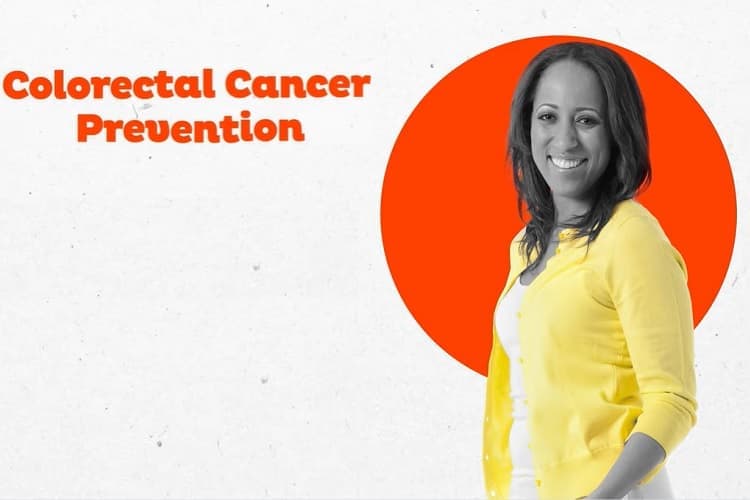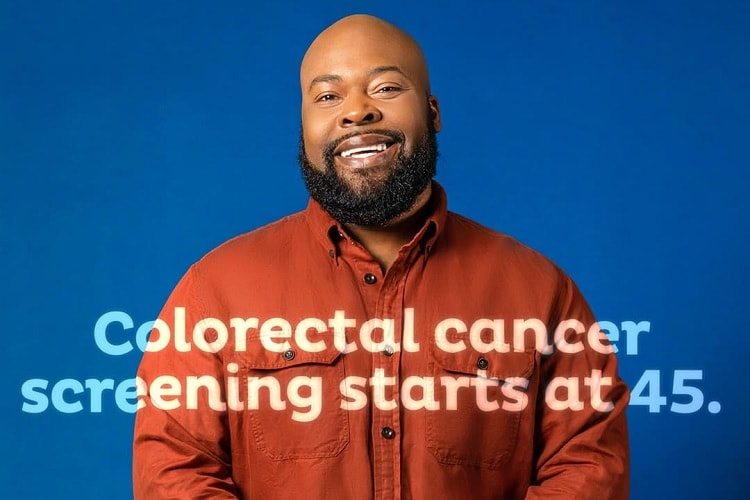Colorectal Cancer Awareness
In this video, Erin and Sandy answer questions about prep, the procedure, and the follow-up for a colonoscopy.
Colorectal cancer screening saves lives.
Regular screening, beginning at age 45, is the key to preventing colorectal cancer (cancer of the colon or rectum). If you’re 45 to 75 years old, get screened for colorectal cancer regularly. If you’re younger than 45 and think you may be at high risk of getting colorectal cancer, or if you’re older than 75, talk to your doctor about screening.
Colorectal polyps and colorectal cancer don’t always cause symptoms, especially at first. That is why getting screened regularly for colorectal cancer is so important.
Screening Test Options
Several screening tests can be used to find polyps or colorectal cancer, including some that you can do at home. Each test has advantages and disadvantages. Talk to your doctor about the pros and cons of each test, and how often to be tested.
Robert’s Story

“I never would have found it early if I hadn’t been screened,” says colorectal cancer survivor Robert.
“I never would have found it early if I hadn’t been screened,” said Robert, a survivor of colorectal cancer.
Since Robert’s dad got colorectal cancer at age 45, when Robert went for his annual checkup, he asked his own doctor about getting screened. He got a screening test called a colonoscopy, a test that can show the whole colon and the best kind of test for Robert because of his family cancer history. The colonoscopy showed he had cancer.
“People tell me that they are scared to get screened, but I think it’s scarier if you have a tumor that the doctor can’t remove,” Robert said. “If I hadn’t been screened, I wouldn’t have been able to see my son go off to college, or enjoy this next chapter of my life with my wife and family.”


